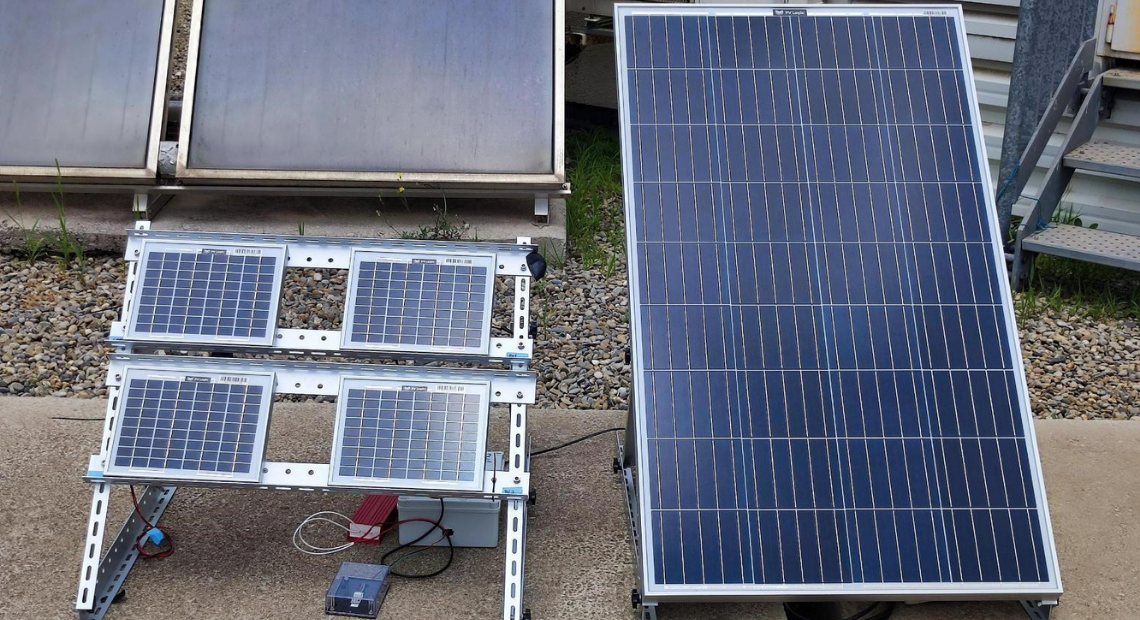Hi-BITS is a Horizon Europe funded project that stands for “High efficiency bifacial thin film chalcogenide solar cells“. The kick-off meeting is held in Zürich from October the 17th to the 18th, 2023.
CIGS solar cells currently reach 23% efficiency with a metallic back contact and a >2μm thick absorber layer, as well as excellent stability. The Hi-BITS project will introduce a disruptive device structure that allows a high degree of bifaciality and photon recycling. The efficiency will be improved by the innovative high quality CIGS absorbers and passivation at the back contact, which allows to remove compositional gradients and reduce absorber thickness.
Hi-BITS will explore four different applications, that all use these features, including bi-faciality, flexible and reflective, semi-transparency and suitability for tandems.
The applications foreseen as results from Hi-BITS respond to market demands and are particularly well suited for building or vehicle integration or agri-photovoltaics. Modules for these new applications will be out-door tested in three different European climates, demonstrating higher energy yield and stability. Life cycle analysis and costing, taking aspects of circularity into account, will underline the superior sustainability of these new modules.
The results will boost thin-film manufacturing by higher efficiency, lower raw material consumption, shorter and well-controlled processes, better module technologies and novel applications.
The project has a total budget of ~5M€ and will run for 3 years. The consortium is formed by 13 European partners and 2 associated partners including Laboratorio Iberico Internacional de Nanotecnologia (leader), IREC, CNRS, ZSW, UPPSALA University among others.
In this project, IREC will focus on the development of process monitoring methodologies that can be applied in the future industrialization of the novel CIGS technology developed in the Hi-BITS as well as on the outdoor performance and stability evaluation in real operating conditions of the PV mini-module prototypes generated within the project. This action is (led by Alejandro Pérez-Rodríguez and Ignacio Becerril Romero from the Solar Energy Materials and Systems research group at IREC.
Funded by the European Union. Views and opinions expressed are however those of the author(s) only and do not necessarily reflect those of the European Union or European Climate, Infrastructure and Environment Executive Agency (CINEA). Neither the European Union nor the granting authority can be held responsible for them.




